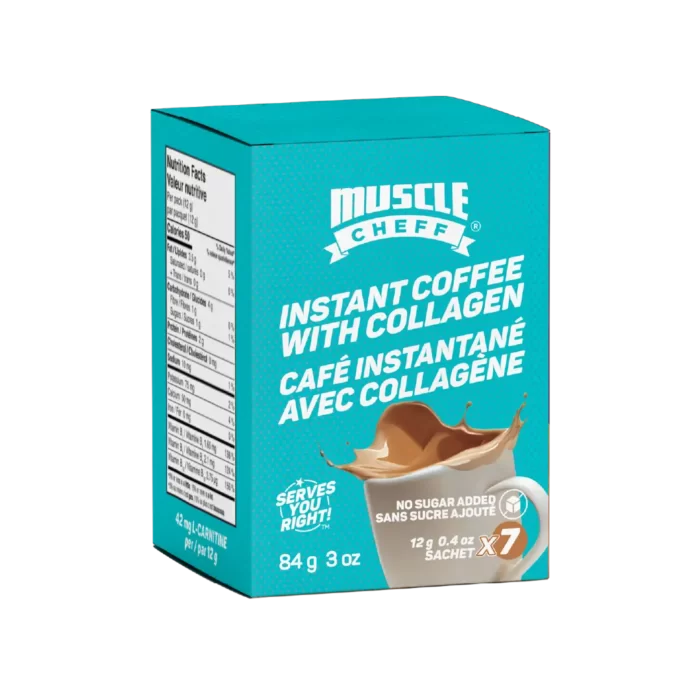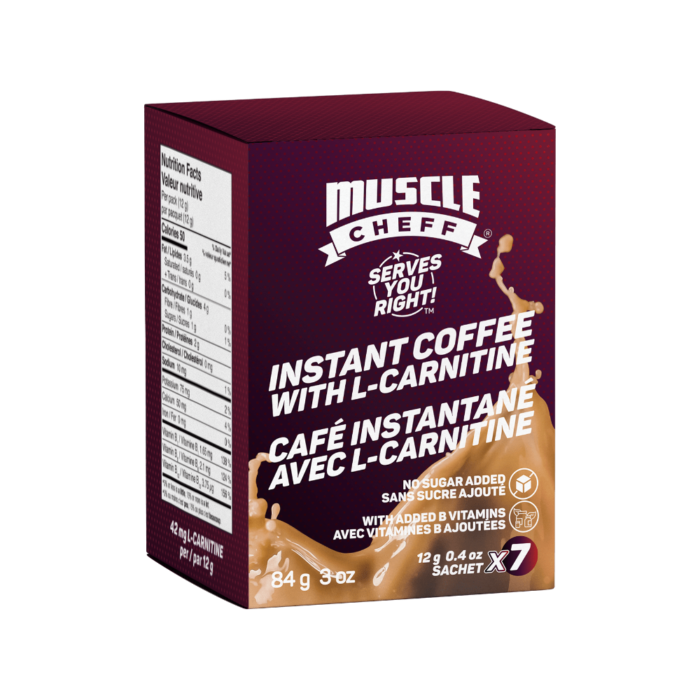Post-workout muscle soreness is a common yet quite uncomfortable situation that can be experienced by almost everyone, especially those who are new to exercise, returning after a long break, or trying new challenging exercises. It should be seen as a part of the development process if the pain is not unusually intense and prolonged. However, there are still some measures you can take to avoid muscle soreness, but before that, let’s first explore why and how it happens.
What Is the Reason Behind Post-Workout Muscle Soreness?
Post-workout muscle soreness is also known as “Delayed Onset Muscle Soreness” (DOMS) and it happens when you start exercising after a long time or when you switch to a new and more intense training program. No need to be concerned, as the effects of delayed onset muscle soreness typically disappear within five days. Furthermore, as your body gets into the groove of the routine, you’ll find yourself less likely to experience it.
Tips to Avoid Muscle Soreness
Start Gradually: You should take it slow if you are new to exercise or making a comeback after a break. Instead of diving into heavy equipment and intense workouts, let your body gradually get used to the new routine. You can also seek help from a personal trainer at this point.
Don’t Skip Warm-Up and Cool-Down Exercises: Stretching or doing low-intensity cardio before and after your workout helps your body acclimate to physical activity and ease into your daily routine post-exercise. Pay extra attention to warm-up stretches to prevent injuries.
Drink Coffee Before Your Workout: Having a cup of coffee approximately 30 minutes before exercising not only increases energy levels and concentration but also reduces the risk of muscle soreness. Fortunately, Muscle Cheff L-Carnitine Coffee is here to offer your daily dose of energy and Vitamin B. Give it a try and thank yourself later.
Let Your Body Recover: While the excitement of a new routine can help you stay disciplined, it is also important to give your body time to recover. Keep in mind that the overtraining syndrome is a consequence of intense training without adequate rest, and it can lead to serious and prolonged muscle soreness.
Explore Muscle Cheff’s High-Quality Products
-
 Instant Coffee With Collagen (4.23 Oz. /12 g x 7 Pack)
Instant Coffee With Collagen (4.23 Oz. /12 g x 7 Pack)$9.99 – $16.99
$6.99 – $11.89 -
 L Carnitine Coffee (4.23 Oz. /12 g x 7 Pack)
L Carnitine Coffee (4.23 Oz. /12 g x 7 Pack)$9.99 – $16.99
$6.99 – $11.89

